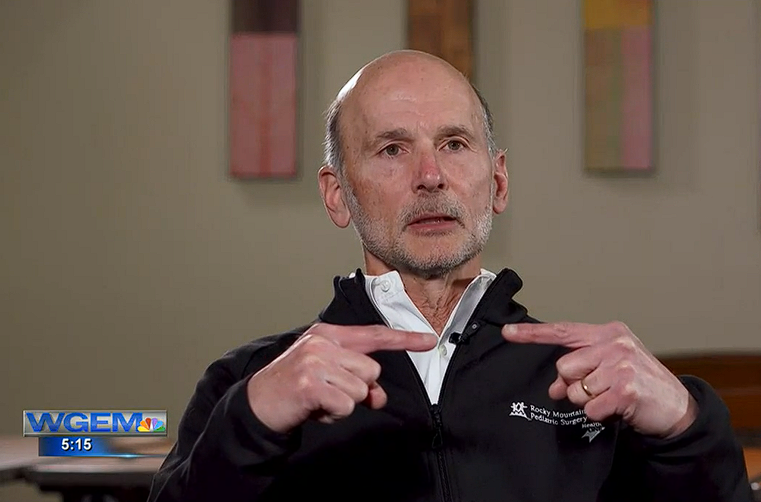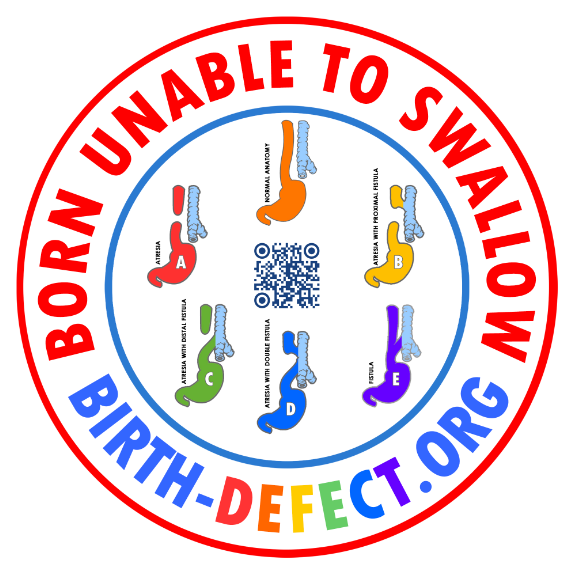To explore Dr. Rothenberg’s area of expertise further, we sat down with him to learn about a surgical technique he developed for esophageal atresia.
“I have put a lot of energy over the years into mentoring and teaching surgeons across the world about this minimally invasive technique, and I’ve been so fortunate that HCA Healthcare has been supportive in this work. I am very privileged that I have friends, pediatric surgeons all over the world and get to see the impact that they’re having after they adopt these techniques I developed in their cities and countries.”
From an early age, Dr. Steven Rothenberg knew he wanted to become a physician. His childhood was filled with intrigue about the human body and he was captivated by the idea of helping to heal the sick. His yearning to heal the sick with great skill and compassion set in motion a storied career in medicine for the now world-renowned physician.
Despite initially envisioning a career in cardiac surgery, his trajectory shifted during a pediatric surgery rotation where he discovered his calling. “Operating on the tiniest premature babies to the older kids and teenagers, I fell in love with the intricacies of this type of surgery and the kids themselves,” shared Dr. Rothenberg, chief of pediatric surgery at Rocky Mountain Hospital for Children.
At the beginning of his career, the landscape of pediatric surgery was vastly different than it is today. Traditional methods for life-saving pediatric surgery often involved large incisions, leading to prolonged recovery times for infants and small children. Yet, Dr. Rothenberg saw an opportunity to challenge the status quo and explore endoscopic and minimally invasive pediatric surgery techniques to help improve patient outcomes.
Today, Dr. Rothenberg’s dedication to developing and refining minimally invasive procedures tailored specifically for pediatric patients is making a difference. He was at the forefront of many groundbreaking surgeries, performing the first thoracoscopic repair of a tracheo-esophageal atresia in a neonate, the first thoracoscopic lobectomy in a child in the world and the first Duodenal atresia repair in an infant in the United States.
Dr. Rothenberg’s work hasn’t stopped there. Over the past three decades, he has executed more than 100 workshops and training programs to educate current practicing physicians on the techniques he has developed, in addition to training the next generation of pediatric surgeons.
Dr. Rothenberg is one of the founding members of the International Pediatric Endosurgical Group (IPEG), an organization that leads the charge in creativity, innovation and advances in minimally invasive surgery for children.
In 2015, the Society of American Gastrointestinal and Endoscopic Surgeons (SAGES) honored him for his work in the field of medicine as the “SAGES Pioneer in Surgical Endoscopy.” The accolade is given periodically to a physician whose efforts have substantively changed and improved the field of endoscopy.
Under Dr. Rothenberg’s leadership, Rocky Mountain Hospital for Children became HCA Healthcare’s first children’s hospital to be verified as a Level 1 Children’s Surgery Center by the American College of Surgeons Children’s Surgery Verification Quality Improvement Program (ACS CSV).

“My Rocky Mountain Hospital for Children colleagues and I have been caring for some of the most difficult and complex cases in the region and, in some instances, the world,” Dr. Rothenberg explained. “I am incredibly proud of the efforts that went into receiving this formal verification, and more so for the work that has been ongoing at our hospital for decades that has changed the lives of thousands of children in our care.”
https://www.healthonecares.com/locations/rocky-mountain-hospital-for-children


